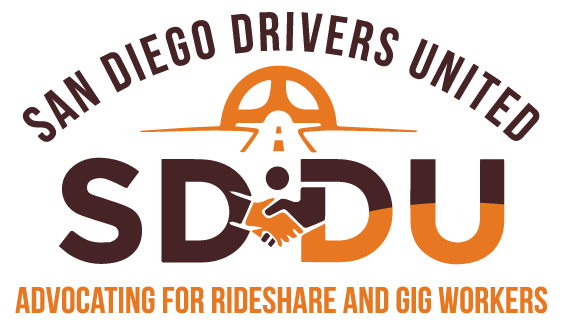What is SB 371?
SB 371 seeks to update the current law requiring rideshare companies to provide UM/UIM coverage for their drivers. The bill proposes reducing the coverage requirement, which could lead to significant cost savings for rideshare companies.
Impact on Rideshare Companies
Rideshare companies like Lyft and Uber may strongly support SB 371, as it could reduce their costs and increase their competitiveness in the market. With lower insurance costs, companies may be able to offer more competitive pricing, attracting more users and increasing their revenue. By passing on the cost savings to riders, companies can maintain or increase their market share, potentially leading to higher profits.
Impact on Rideshare Drivers
However, the impact on rideshare drivers is more complex. While the bill’s supporters argue that it will increase earnings for drivers, the reality might be different. If fare prices decrease due to reduced insurance costs, drivers may earn less money, as their earnings are typically tied to a percentage of the fare. With drivers often earning around 40-50% of the fare, a decrease in fare prices would directly impact their earnings.
Moreover, drivers often have limited bargaining power, as they are considered independent contractors rather than employees. This means they may not have a strong say in how fare prices are set or how the cost savings from reduced insurance requirements are distributed.
Impact on Riders and the Community
The impact on riders and the community is also multifaceted. Lower fares could lead to increased demand, potentially resulting in more rides and higher revenue for rideshare companies. This could maintain or increase access to transportation for low-income or marginalized communities, promoting economic activity and social mobility.
Different Perspectives
The debate around SB 371 highlights the different perspectives on this issue:
- Pro-SB 371: Supporters argue that the bill will increase earnings for rideshare drivers, reduce costs for rideshare companies, and maintain affordable transportation options for the community.
- Anti-SB 371: Opponents argue that reducing the UM/UIM coverage requirement could compromise safety standards, potentially putting riders and drivers at risk.
- Rideshare Companies: Companies may support the bill, as it could reduce their costs and increase their competitiveness in the market.
- Drivers: Drivers may be concerned about the potential negative impact on their earnings, as fare prices decrease and cost savings are not passed on to them.
Conclusion
The impact of SB 371 will depend on various factors, including how rideshare companies choose to use the cost savings and how the insurance industry responds to the changed requirements. While rideshare companies may benefit from reduced insurance costs and increased demand, drivers may face decreased earnings. As the debate around SB 371 continues, it’s essential to consider the potential impacts on all stakeholders involved, including drivers, riders, and rideshare companies, to ensure that the bill is fair and equitable.
As a rideshare driver or advocate, it’s crucial to stay informed about the developments around SB 371 and share your perspectives with lawmakers and industry stakeholders. By working together, we can create a more equitable and sustainable rideshare industry that benefits all parties involved.

